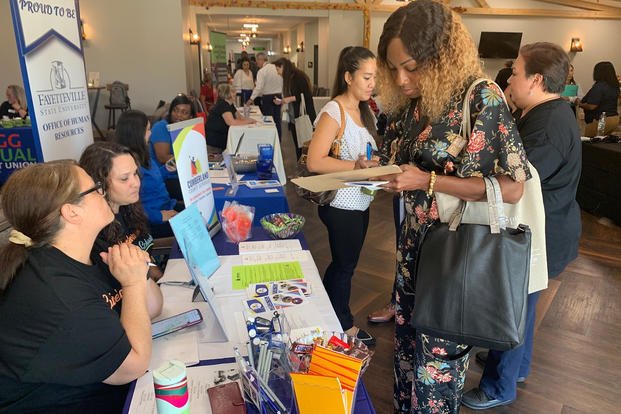The student's resume was impressive. The formatting was impeccable, the content was excellent, and he did a great job of focusing on accomplishments instead of job duties. If I were an employer, I would have been impressed.
Then I looked at his cover letter and imagined the employer tossing that perfect resume into the trash bin.
Related: Does your resume pass the 6-second test? Get a FREE assessment.
Many college students and recent grads destroy their resumes by accompanying them with half-hearted or downright terrible cover letters. While some employers don't bother reading cover letters, most do. And they will quickly eliminate you if you make these mistakes:
Not Using Standard Business-Letter Format
The student's cover letter looked more like a cut-and-paste email than a business letter. It had no recipient information, no return address and no date. The letter screamed unprofessional.
Be sure your cover letter uses a standard business letter format. It should include the date, the recipient's mailing address and your address.
It's Not All About You
It may seem counterintuitive, but your cover letter, like your resume, should be about the employer as much as it's about you. Yes, you need to tell the employer about yourself, but do so in the context of the employer's needs and the specified job requirements.
Typos and Grammatical Errors
Employers tend to view typos and grammatical errors as evidence of your carelessness and inability to write. Proofread every letter you send. Have a friend who knows good writing double-check it for you.
Unsupported Claims
Too many cover letters from college students and recent grads say the applicant has "strong written and verbal communication skills." Without evidence, it's an empty boast. Give some examples for each claim you make. Employers need proof.
Writing a Novel
A cover letter should be no longer than one page. Employers are deluged with resumes and cover letters, and their time is scarce. Make sure your cover letter has three or four concise but convincing paragraphs that are easy to read. If your competitor's letter rambles on for two pages, guess which candidate the employer will prefer.
Using the Same Cover Letter for Every Job and Company
Employers see so many cover letters that it's easy for them to tell when you're using a one-size-fits-all approach. If you haven't addressed their company's specific concerns, they'll conclude you don't care about this particular job.
It's time-consuming but worthwhile to customize each letter for the specific job and company.
Not Sending a Real Cover Letter
Some job seekers -- college students, recent grads and even those with years of work experience -- don't bother sending a cover letter with their resume. Others type up a one- or two-sentence "here's my resume" cover letter while others attach handwritten letters or sticky notes.
There is no gray area here: You must include a well-written, neatly formatted cover letter with every resume you send. If you don't, you won't be considered for the job.
Related: For the latest veteran jobs postings around the country, visit the Military.com Job Search section.
The Next Step: Get Your Resume Out There
Get your resume seen by companies that are seeking veterans like you. Post your resume with Monster.com.











